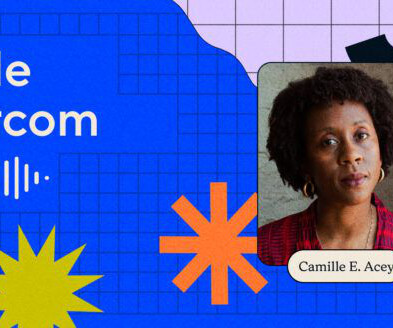Allow for Human Error: Design in Empathy & Care
Customer Bliss
NOVEMBER 13, 2018
Design to Deliver Empathy and Care. When we are vulnerable, we need understanding and empathy just like those women. We seek a human response. The Make Mom Proud Companies design in deliberate, warm, and caring responses to their customer’s most vulnerable moments. We want to help.”













Let's personalize your content